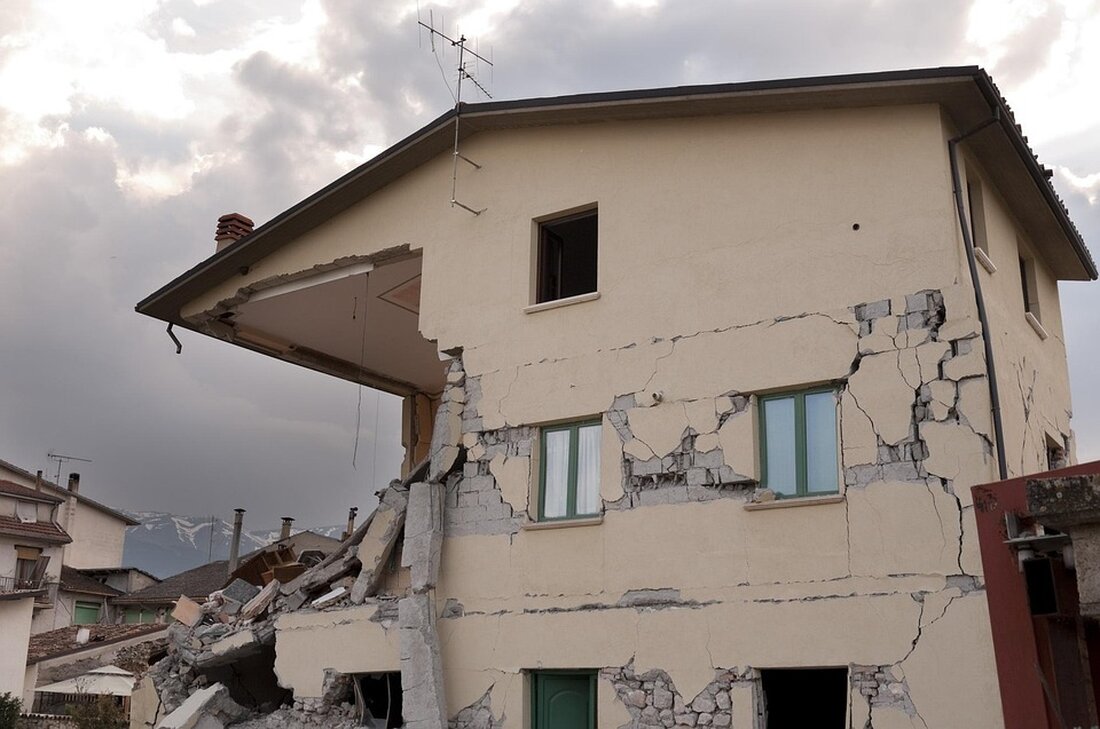Earthquake in Greece: What travelers urgently need to be aware of now!
Earthquake in Greece: What travelers need to know. No travel warning, but follow updated safety instructions.

Earthquake in Greece: What travelers urgently need to be aware of now!
In Greece between May 18 and 19, 2025, several earthquakes caused worried faces. The strongest quakes reached a magnitude of up to 4.7 and were even felt in the capital Athens. Over 50 houses were damaged in the affected region around the island of Euboea. Seismologists, including the president of the Greek Society of Earthquakes and Seismology, Efthymios Lekkas, warn of the possibility of more quakes with magnitudes between 4 and 5 in the coming days. Seismologist Akis Tselentis estimates that the magnitude of a possible aftershock could even reach 5.5. Although the tremors are worrisome, there is no connection to the magnitude 6.2 quake that struck Istanbul in April.
There is currently no travel warning from the Foreign Office for Greece. Travelers can therefore generally go on their planned trips, even if the office's travel advice has been updated. However, it is important to note that the absence of an official travel warning does not mean that trips are automatically canceled free of charge. The Hamburg Consumer Center recommends checking travel information regularly and contacting the tour operator if there are any problems.
Earthquake preparation
Individual travelers in particular are advised to familiarize themselves with what to do in the event of earthquakes and tsunamis. Enabling emergency notifications on cell phones can also help. A digital platform called mysafetyplan.gov.gr provides more information about emergency shelters in such situations. Greek authorities place great importance on travelers being prepared for the possibility of natural disasters, especially since stronger earthquakes such as the Crete quake on May 13 and 14, 2025 (magnitude 6.1) have been recorded in the past.
The Federal Foreign Office also provides useful safety information for travelers. Protests and demonstrations could lead to violent clashes and traffic disruptions. A high number of pickpocketings in major cities such as Athens, Thessaloniki and Piraeus are also recorded during the travel season. Travelers should therefore be particularly vigilant in urban areas.
Travel recommendations and safety
The Foreign Office's recommendations emphasize the importance of travel health insurance and following news and weather reports during your stay. Registration in the “Elefand” crisis preparedness list is also discussed so that you can be informed quickly in an emergency. In addition, there are some specific instructions to note, such as the existence of a declaration of consent from the other parent for minors traveling alone and the need for an EU pet passport for pets accompanying them.
While traveling in Greece, you should also pay attention to road safety, especially driving quads and adhering to the alcohol limit of 0.5. Strict penalties for traffic offenses and parking in unauthorized places are also worth mentioning.
Travelers in Greece should always inform themselves about local conditions and report any suspicious activity to ensure their safety. Current events make it clear that careful preparation and vigilance are essential keys to a safe stay in Greece.

 Suche
Suche
 Mein Konto
Mein Konto